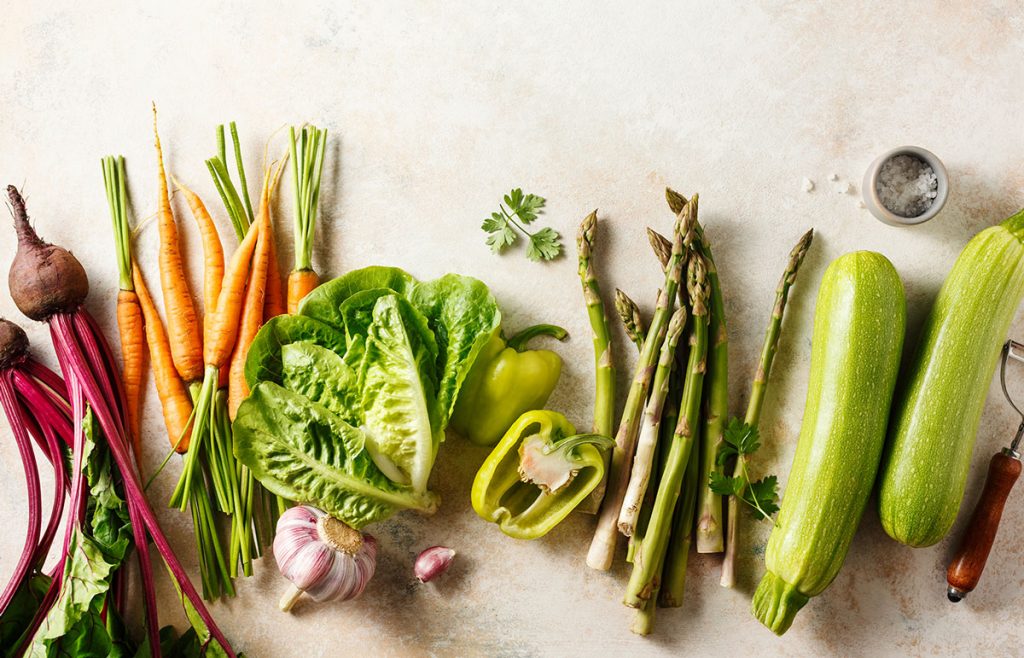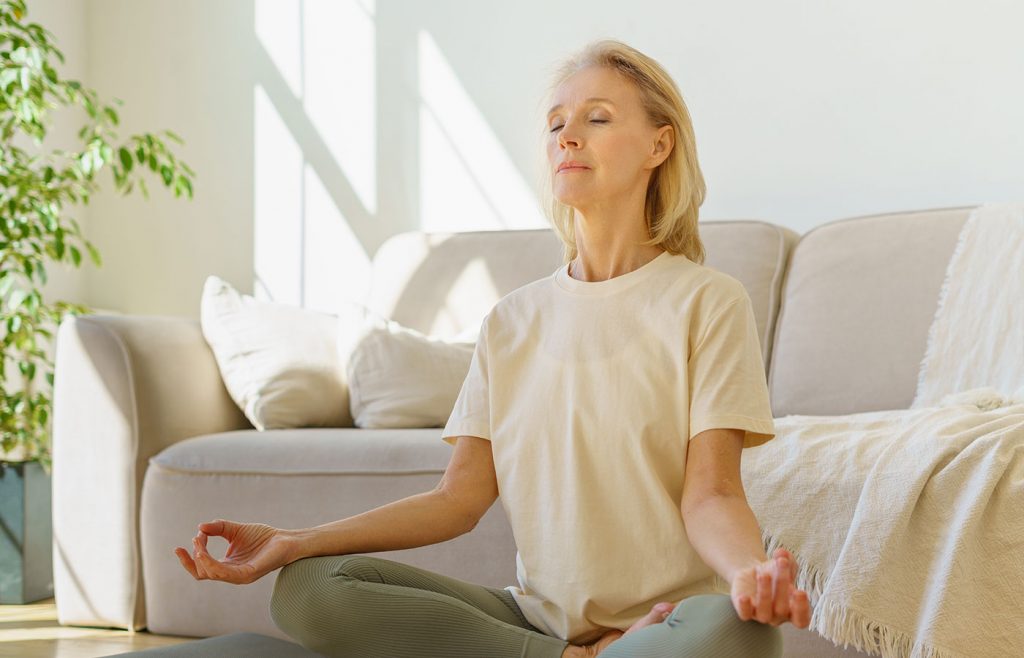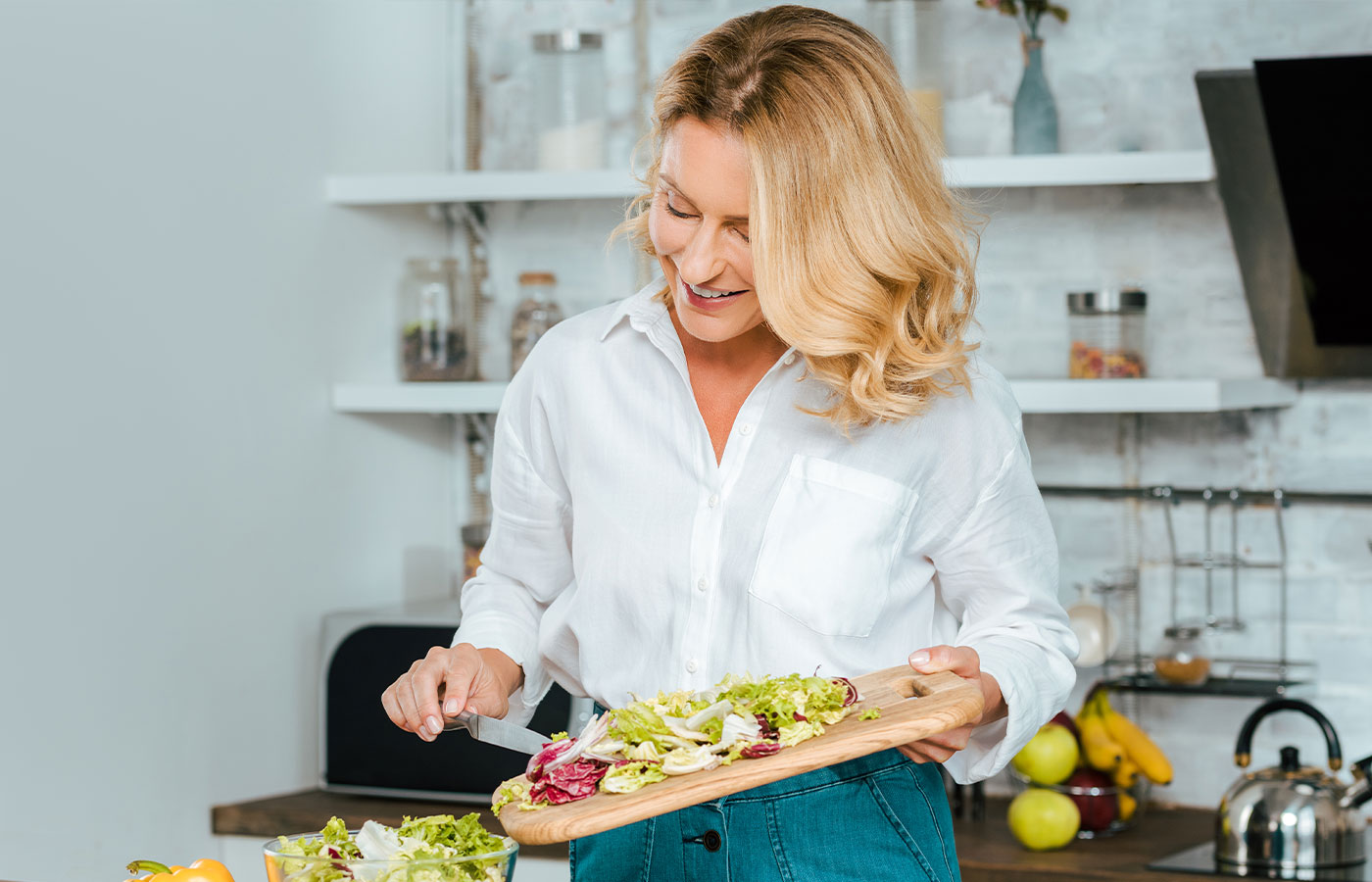Last updated on January 16th, 2023
Ageing is a natural part of life that we don’t need to fear; we will all go through it. Your changing skin, hair colour or body in no way detract from who you are and the goodness in your heart. The passing years also bring wisdom and that has a radiance all of its own.
Yet, ageing isn’t just about what happens on the outside, it’s also about our structure, mobility and internal health. Due to the incredible advances of Western medicine, we are going to continue to live longer and longer. We are so fortunate to live in a time where there is such extraordinary emergency medicine available to us. Yet, in reality, are we living too short and dying too long? This is an important question to ponder; for what I care about is the quality of your life.
Today, as well as in the later part of your life, you want to be able to bend over and do up your own shoelaces. Imagine what life would be like if you had to rely on someone else to do this? How would your once-independent self feel? You don’t want this to happen because your tummy has grown too large for you to be able to reach your feet, and so in later years you sit back and wish you had made lifestyle changes earlier. You don’t want to not be able to reach your feet because you have led a sedentary lifestyle and in later years your spine is relatively inflexible and you can’t bend to reach your feet. You don’t want that to occur.
With this in mind, here are several habits that you can adopt to prevent degenerative diseases, maintain your own independence and live an energised, healthy and full life right through to your twilight years.

1. Eat whole real foods (including plenty of vegetables)
Three biochemical processes through which we age are oxidation, inflammation and glycation and great nutrition goes a long way to providing our body with the substances it needs to ensure these processes happen slowly rather than rapidly.
The substances that give vegetables their colours act as antioxidants in the human body. Antioxidants help to combat oxidative stress by pairing up with the free radicals which, when in excess, cause damage to our cells. Scientists are also starting to understand that antioxidants potentially play a role is slowing telomere shortening. But eating whole real foods isn’t just about what you get, it’s about what you miss out on too. Reducing your intake of processed foods, or what I like to call high human intervention foods, means you’re less likely to overconsume sugar, trans fats, additives and preservatives all of which take a toll on our health through diminishing our digestive power via detrimental effects on the gut microbiome and giving our liver more to detoxify. No amount of exercise can combat the effects of a lousy way of eating. Changing your diet is a powerful way to promote anti-ageing processes and increase your quality of life into your elderly years.
2. Reduce sugar
Not that long ago in human evolution, ultra-processed, high-sugar foods didn’t exist. Then, in the not-too-distant past, they were eaten only on special occasions, like birthday parties, but now they have become part of every day for too many people. I cannot say this enough: it is what you do every day that impacts on your health, not what you do sometimes. The ageing process will potentially be slowed if you consume less refined sugars since refined sugars can drive inflammation and glycation, two of the primary drivers of ageing. Plus, excess sugar consumption puts us at risk of very concerning metabolic changes, like insulin resistance, leptin resistance and type 2 diabetes.
3. Build muscle and maintain mobility
From the age of 30 onwards, if we don’t actively build muscle we gradually lose it. Embrace resistance training. This doesn’t have to mean going to gym unless that spins your tyres. In a yoga practice, you resist your own body weight. Pilates, too, is excellent resistance training, as is gardening, farm work, carrying groceries and children. Don’t avoid movement. Take the stairs regularly, for example. Build muscle.
A concept I also encourage you to explore is “functional movement”. It is based on real-world situational biomechanics, which is not my area of expertise. I have, however, worked alongside pioneers in this field who possess the health, youthfulness, vitality and physique that are testaments to these practices. We need to make sure that for our whole life, not just when we are young, our body is able to perform all the movements that are necessary for daily life and an active lifestyle. Every movement our body performs can be broken down into a series of one of seven movement patterns. These are often referred to as the Seven Primal Movement Patterns, and they are the squat, lunge, push, pull, bend, twist, gait. We all need a general functionality in each one of these patterns for normal daily activities, such as loading groceries, lifting boxes, or running to catch the bus.
4. Make water your main drink
Water is the basis of all life, and that includes your body. The muscles that move your body are 75 per cent water. Your blood, responsible for transporting nutrients throughout your body, is 82 per cent water. Your lungs, that take oxygen from the air, are 90 per cent water, while your brain is 76 per cent water. Even your bones are 25 per cent water!
Most people are aware of the critical importance of great hydration for their health, and of course for their skin, in particular. Yet, so many people tell me that they know they would be better off drinking more water. Unintentional chronic dehydration can contribute to pain and inflammation, not to mention fatigue, which can have an enormous impact on whether we feel youthful or not.

5. Become breath aware
More rapid breathing leads to more free radical production, which requires more antioxidants to be consumed in order to avoid excessive damage. When we are stressed, we tend to take short, sharp, shallow breaths that move the chest. Begin to notice your breath – does it stay up in your chest, or does it move your belly? Diaphragmatic breathing (long, slow breaths that move the belly in and out) slows down our rate of breathing and is one of the fastest ways we can lower stress hormone production.
6. Address niggling symptoms
If you’re experiencing digestive complaints or bloating, PMS or menopausal symptoms, recurring headaches or general fatigue, this is your body trying to communicate to you that something isn’t right. These symptoms may be common, but they’re not normal –they’re a sign that something within the body needs to be addressed. Investigate them, bring curiosity to each symptom and begin to take notice of what might be driving these. For some of you, seeking professional advice may be of benefit. Others may know deep down what needs to change and are just avoiding it. The reality is, if you don’t address these symptoms now, they’re likely to get louder and more challenging as time goes on. Prioritise your own health and take action today.
7. Embrace the changes
In today’s society we place so much emphasis on youth being attractive, yet there is nothing more attractive than someone who is comfortable in their own skin, regardless of their age. True beauty radiates from the inside out.
Also consider how you see yourself and the way you speak to yourself within this context of diminishing your quality of life. Are your judgements of your appearance or on aspects of your personality harsh? And are you harsh on others as a result? What do you say about yourself, to yourself? Is it kind, thoughtful, supportive and encouraging most of the time? Or the opposite? When you sit back and reflect at the end of your life (if you get the opportunity to do so) will you feel good about the way you spoke to yourself? Imagine all of the energy you waste putting yourself down that could be put to better use.









